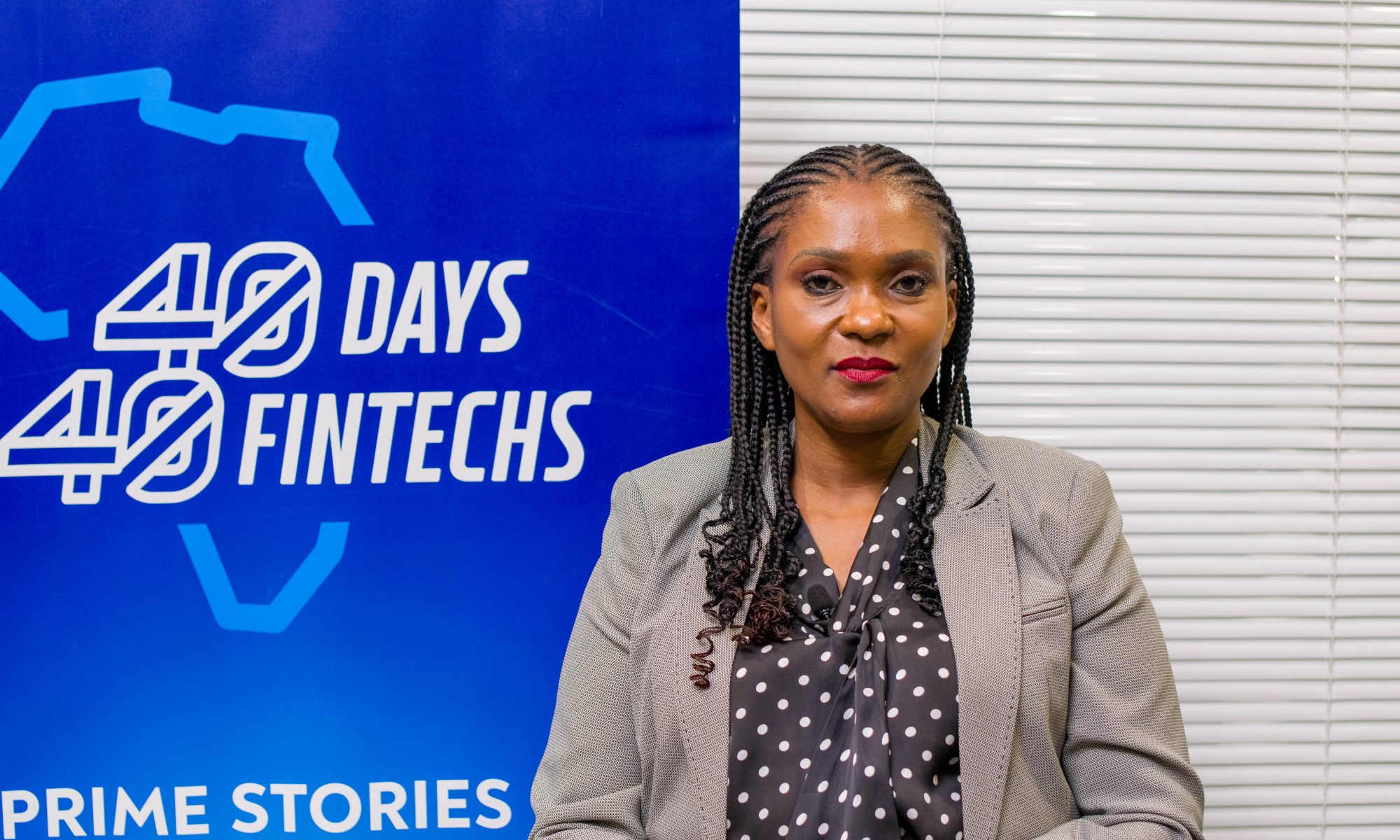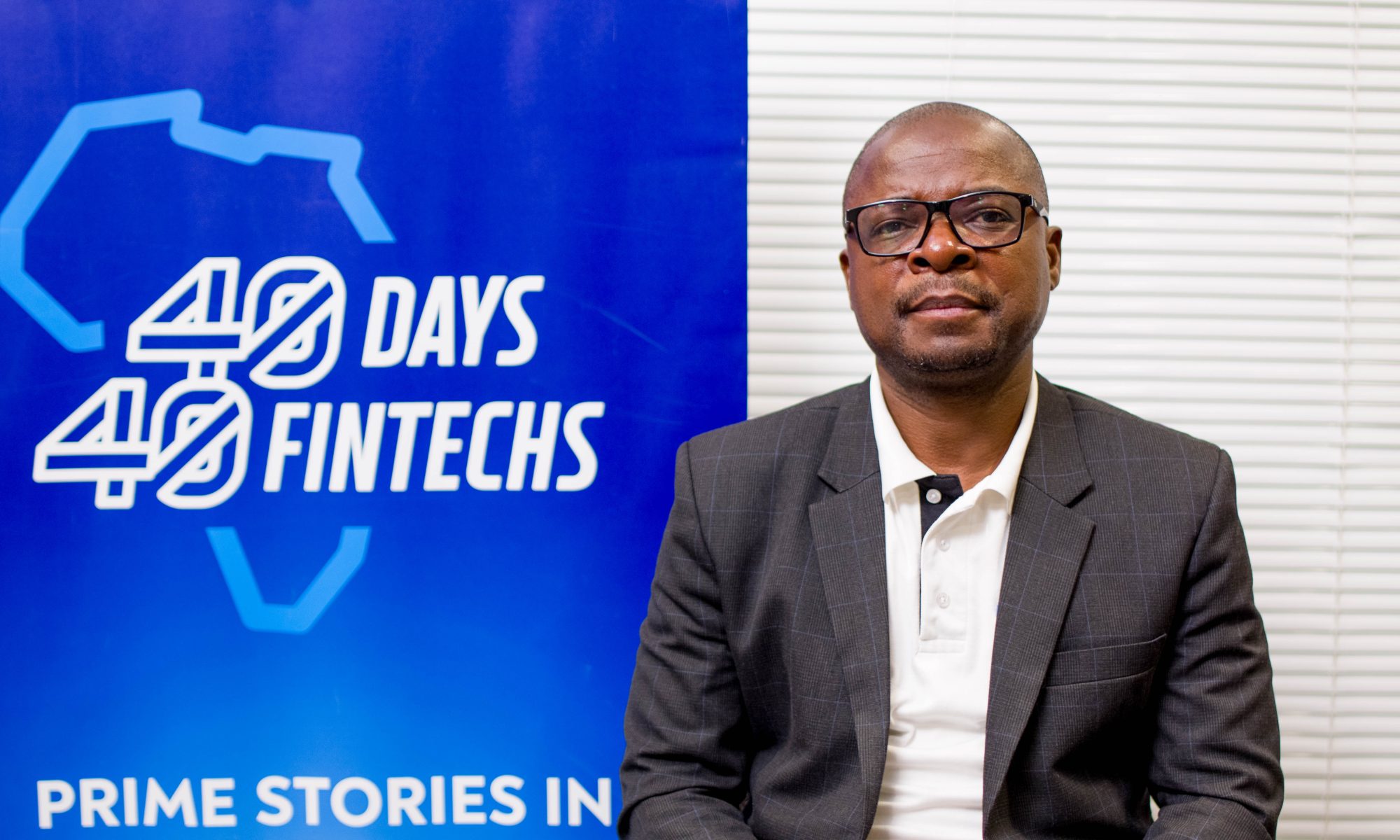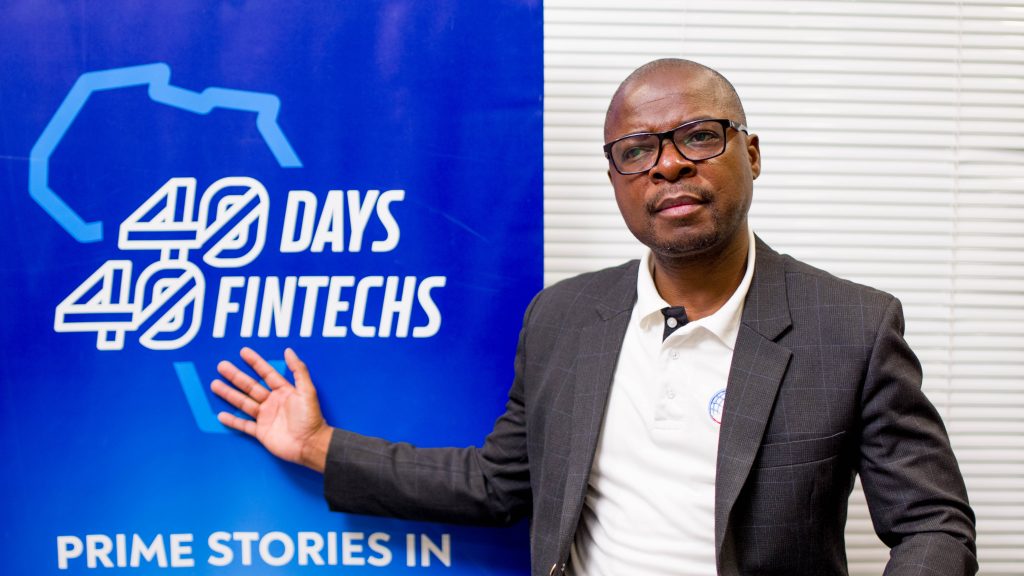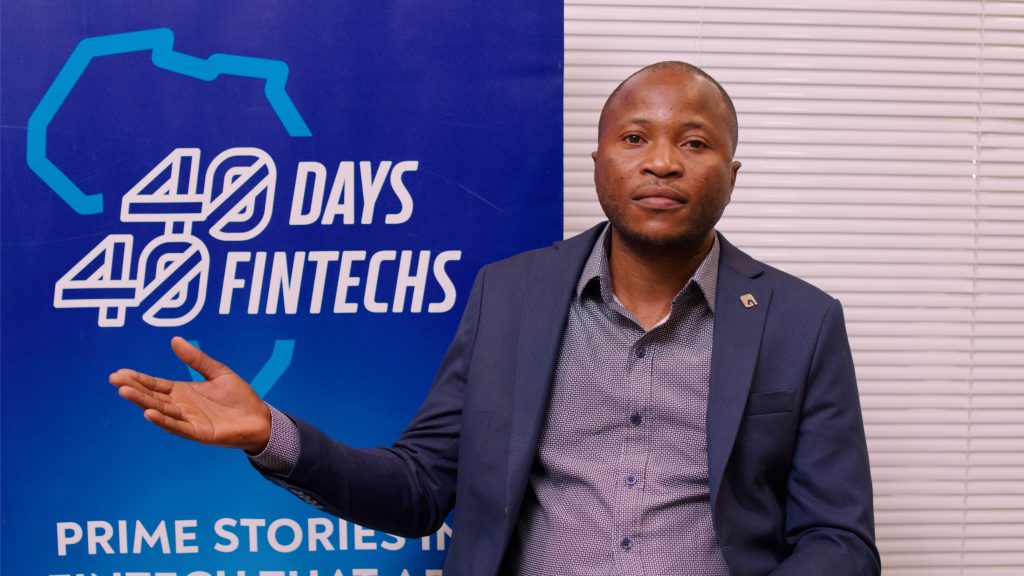Established in 1994, FINCA Malawi is an active financial institution in Malawi, serving over 35,000 customers; 70 per cent of these being rural based while at least 50 per cent are Women.
According to Takondwa Chirwa, the Marketing Manager at FINCA Malawi, FINCA intentionally supports women because while ‘women are core’, they have for so long been the least included.
“Women are core so if we start with targeting women then we are supporting the whole household. Most women are more active in small businesses and they lack financing for their businesses. So, we support them with working capital so that they can be financially independent and run sustainable businesses,” Takondwa
She noted that in period between January – 2024 and March – 2025, FINCA Malawi rolled out several FINTECH driven gender intentional innovations including FINCA AIRTEL MGODI that allows mobile money agents to have liquidity through overdraft loans, FINCA Mobile Upgrade aimed at increasing access for customers – especially women in the rural areas, and FINCA EduSmart – an education finance product for students, parents, guardians and schools.
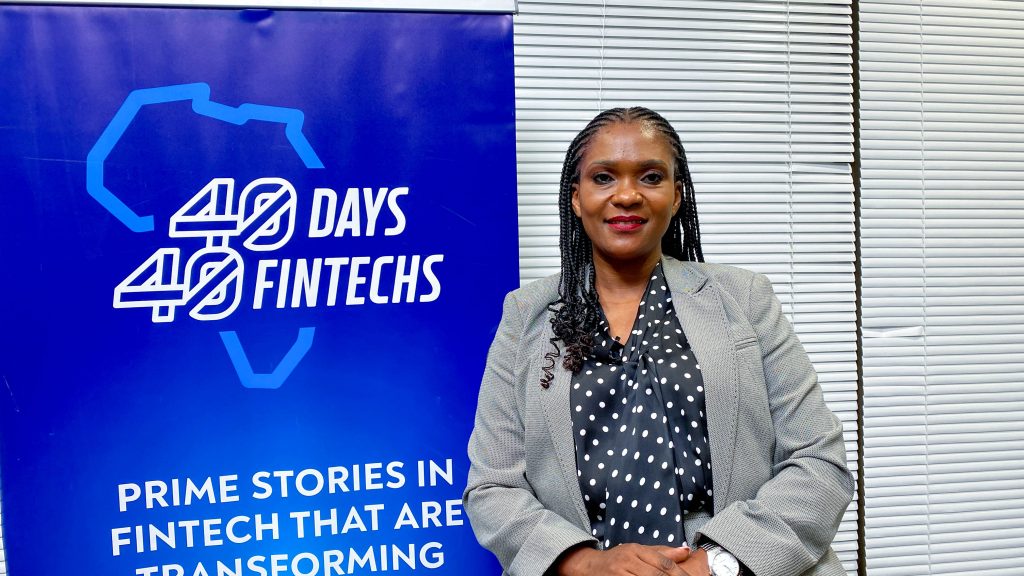
“The final major innovation we rolled out in the past twelve months is FINCA Clean Energy. Through this, we offer customers loans for purchasing gas cooking equipment or solar powered systems. This product is supporting women doing small businesses such as roadside vendors that cook and sell mandazi. Instead of using charcoal or firewood, we are through these loans encouraging them to use clean energy,” she noted.
Takondwa noted that low digital acceptability and limited support for start-ups are some of the main challenges slowing financial inclusion. She urged the 40 Days 40 FinTechs initiative to support Malawi’s ecosystem with strategic collaborations, and technical assistance.
FINCA Malawi featured on Day 16 of the 40 Days 40 FinTechs initiative; Zambia and Malawi edition. The roll-out of the 40 Days 40 FinTechs initiative in Zambia and Malawi followed its success in East Africa. Over the past 5 years, the 40 Days 40 FinTechs initiative has featured over 200 FinTech stories from Uganda, Tanzania, Kenya, and Rwanda. This initiative has also engaged hundreds of end-users and shared their stories with millions worldwide.
The primary objective of this initiative is to support and showcase innovative FinTech giants and start-ups from across Africa, with a focus on promoting financial inclusion and economic growth, in addition to giving start-ups access to the resources they need to develop new and innovative financial solutions that can benefit underserved populations. Such resources include but are not limited to Level One Project guidelines, Mojaloop Open Source Software and Inclusive Finance systems, etc.

